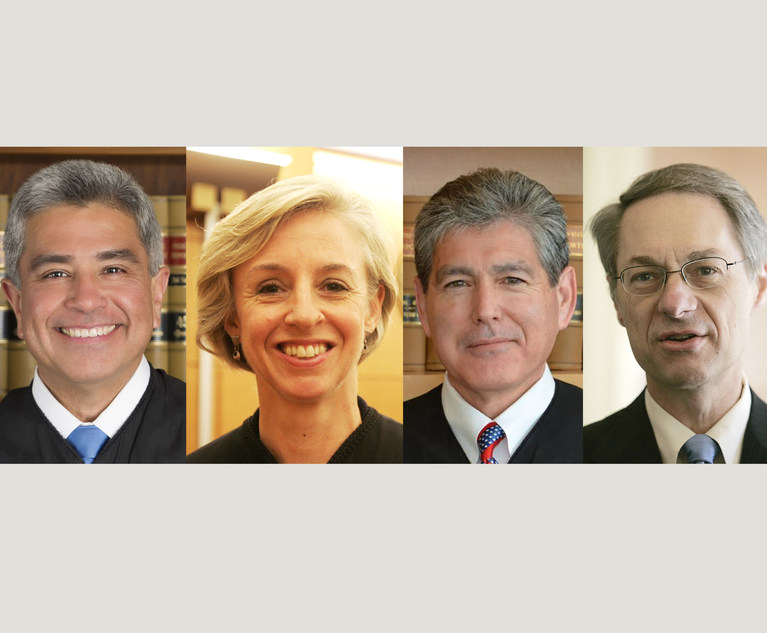The sunset of the national emergency declaration for COVID-19 could have some significant consequences for litigants in the federal courts, possibly rolling back some of the cost-savings and convenience spurred by remote proceedings.
The chief judges of California’s four federal districts discussed the possible adjustment period on the horizon during a panel discussion at a class action conference in San Diego last week. Without some rule changes from the federal judiciary’s policy-setting body or legislative moves from Congress, the judges said remote court proceedings provided for under the Coronavirus Aid, Relief, and Economic Security Act, or CARES Act, could start to go away in the months after the national emergency expires—a date the Biden Administration has set for May 11. Federal criminal proceedings could be affected 30 days after the end of the national emergency, with the grace period extending to 120 days for civil proceedings.
This content has been archived. It is available through our partners, LexisNexis® and Bloomberg Law.
To view this content, please continue to their sites.
Not a Lexis Subscriber?
Subscribe Now
Not a Bloomberg Law Subscriber?
Subscribe Now
LexisNexis® and Bloomberg Law are third party online distributors of the broad collection of current and archived versions of ALM's legal news publications. LexisNexis® and Bloomberg Law customers are able to access and use ALM's content, including content from the National Law Journal, The American Lawyer, Legaltech News, The New York Law Journal, and Corporate Counsel, as well as other sources of legal information.
For questions call 1-877-256-2472 or contact us at [email protected]

 (l-r) Chief District Judge Philip S. Gutierrez, U.S. District Court for the Central District of California, Chief District Judge Kimberly J. Mueller, U.S. District Court for the Eastern District of California, Chief District Judge Dana Sabraw, U.S. District Court for the Southern District of California, Chief District Judge Richard Seeborg, U.S. District Court for the Northern District of California. Photos: ALM/Courtesy.
(l-r) Chief District Judge Philip S. Gutierrez, U.S. District Court for the Central District of California, Chief District Judge Kimberly J. Mueller, U.S. District Court for the Eastern District of California, Chief District Judge Dana Sabraw, U.S. District Court for the Southern District of California, Chief District Judge Richard Seeborg, U.S. District Court for the Northern District of California. Photos: ALM/Courtesy.







